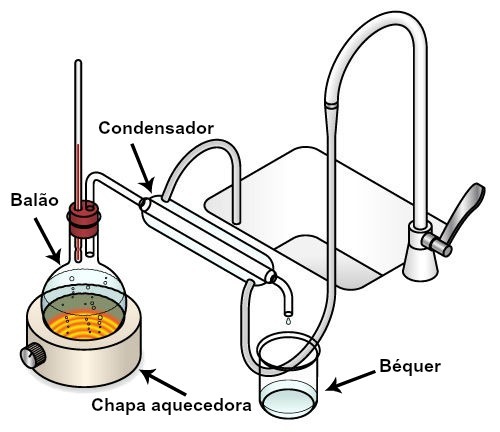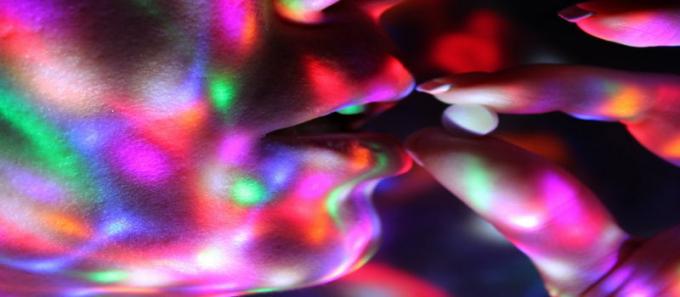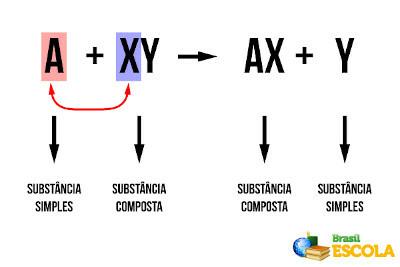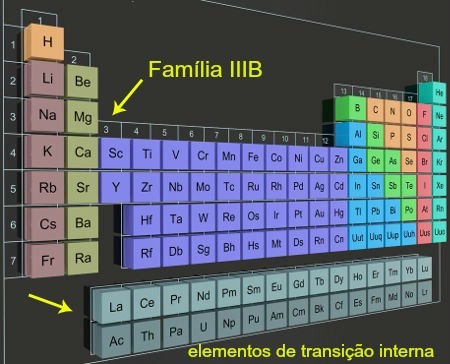Can we drink distilled water? It depends! Before a clear answer, it is essential to know what the ingestion of this water can cause in the body. Distilled water is free of any substance, including the following mineral salts:
Calcium
Iron
Magnesium
Potassium
Sodium
The problems that the ingestion of distilled water can cause occur because we need mineral salts to maintain our body's electrolyte balance. Thus, when we drink this type of water, we are not replacing mineral salts, which can affect this balance.
It is important to remember that all minerals can and should be acquired through food, and not just drinking water. However, it is practically impossible to measure the amount of mineral salts present in each of the foods we are eating and, thus, know if we are consuming the proper amount.
Each mineral salt plays an important role, such as:
- Calcium: bone growth and formation, nerve transmission, blood clotting, muscle contraction, diuretic action (prevents the formation of kidney stones) and aids in cellular respiration.
- Magnesium: delays molecular aging, has a calming effect on the nervous system and helps in the transmission of nerve impulses and muscle relaxation.
Do not stop now... There's more after the advertising ;)
- Potassium: water balance and distribution in the body, acid-base and osmotic balance, cell growth and regulation of neuromuscular activity.
- Sodium: conduction of the nerve impulse and acts on the body's aqueous and acid-base balance.
Distilled water does not have mineral salts because goes through a process called distillation. Distillation is performed using the following set of equipment:
distillation flask
Condenser
heating plate
beaker

Set of equipment needed to perform water distillation
When we put a portion of drinking water or sea water, for example, in the distillation flask, under heating, the water vaporizes. The water vapor flows towards the condenser and there undergoes the phenomenon of condensation, that is, the steam turns into liquid water, which is finally collected in the beaker.
The water collected in the beaker is distilled water. Even being a clean water, free from microorganisms, its ingestion is not recommended.
By Me. Diogo Lopes Dias
Would you like to reference this text in a school or academic work? Look:
DAYS, Diogo Lopes. "Can we drink distilled water?"; Brazil School. Available in: https://brasilescola.uol.com.br/quimica/podemos-beber-agua-destilada.htm. Accessed on June 27, 2021.



